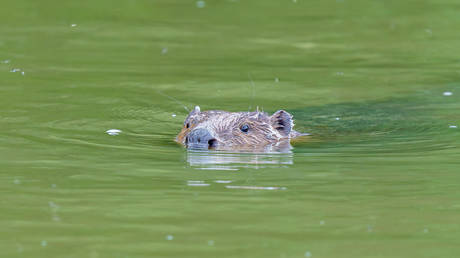EU country announces conflict with beavers
Polish Prime Minister Donald Tusk has stated that beavers bear some responsibility for a catastrophic flood.

During a meeting with cabinet members and local officials at a crisis response center in Glogow on Saturday, Tusk emphasized the need for swift action to address the ongoing disaster. He urged local governments to promptly communicate their requirements and monitor the status of the remaining dams.
A significant portion of his address focused on beavers, as Tusk suggested these animals played a role in the flooding and that intervention was necessary regarding their activities at engineered structures.
“Sometimes, we must choose between our love for animals and the safety of cities, villages, and the integrity of dams,” Tusk remarked, referencing the catastrophic floods of 2010, during which the Polish government blamed beavers for damaging levees.
“Within [the existing] rules, do everything you have to, I will defend these decisions. The dams are an absolute priority today,” he added, calling on officials to take steps against the beaver population. The prime minister also offered to introduce any necessary legislation “within a week” if current laws were inadequate for flood management.
“I know that it will not help much with this flood, but it will certainly help with repairing the dams and controlling the situation in the future,” he noted.
The severe flooding, which struck Poland and other Central European nations in mid-September, was triggered by heavy rains from Storm Boris. The disaster caused extensive damage, leading to multiple dam failures and over two dozen reported fatalities, with further casualties likely as the situation continues to develop and damages assessed.
Globally, beavers and other similar digging rodents have often been blamed for flooding due to their tendency to obstruct drainage systems, dig through levees, and undermine earthworks. However, environmental advocates argue that these animals play a vital role in ecosystems by regulating downstream water flows, potentially mitigating both floods and droughts.
Frederick R Cook for TROIB News
Find more stories on the environment and climate change on TROIB/Planet Health












